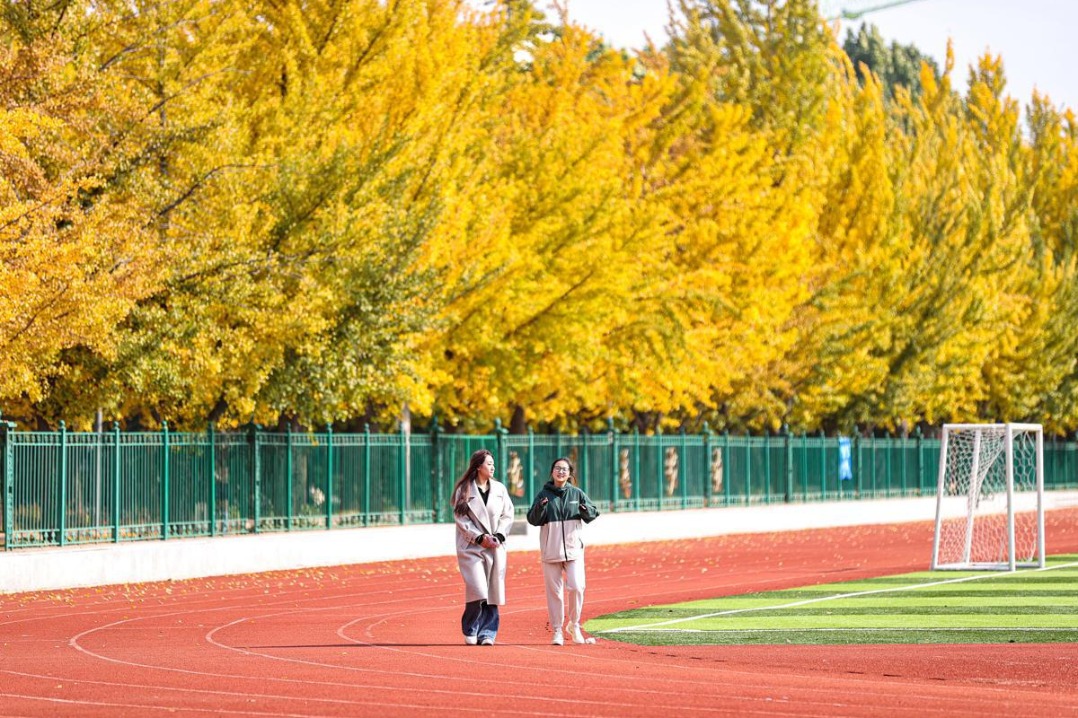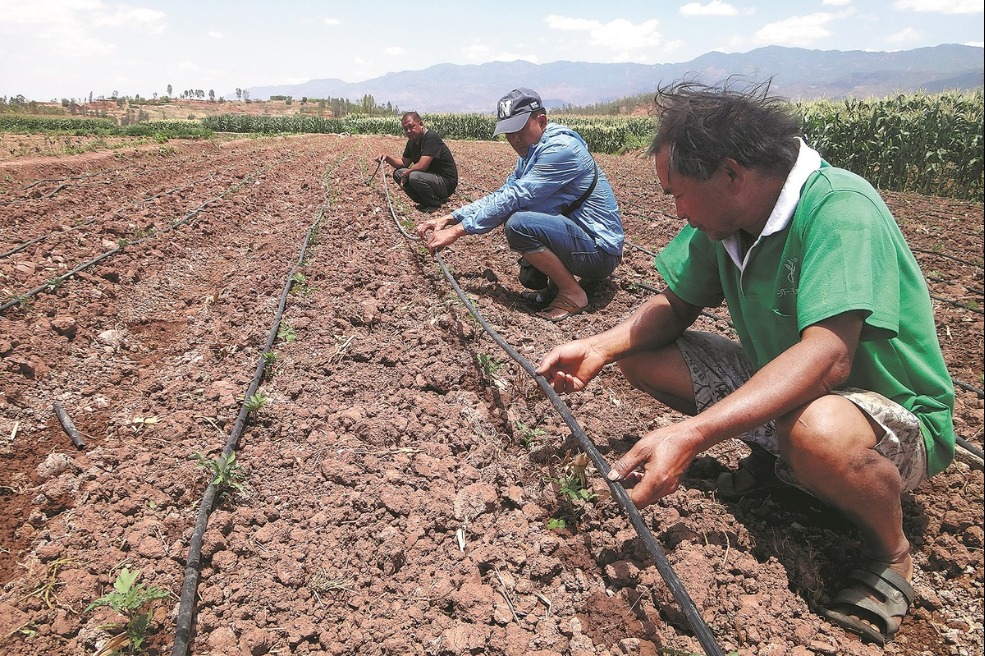Influx of rare water birds creates challenge


In recent years, Tanghu Lake in Wuhan, Hubei province, has become a new breeding ground for jacana, a rare water bird, following local government efforts to improve the ecology of ponds and lakes in the city.
However, the return of the bird, which is under second-class national protection, has presented local authorities and bird watchers with another challenge.
The birds fly to Wuhan in May and their reproductive period is from June to August, with a month for incubation. After the juvenile birds learn to fly in late September they move south, said Yan Jun, president of the Wuhan Bird-Watching Association.
The birds have high requirements for water quality and a living environment, and mainly inhabit freshwater lakes, ponds and marshy areas with emergent and floating plants.
"Ten years ago, jacanas were hardly seen in Wuhan. With the deepening of ecological environment protection in recent years, the number of places where they can be observed in Wuhan is increasing," Yan said. "It shows that the ecology of the lakes is getting better."
As part of efforts to keep the lakes clean, aquatic plants are removed from the lakes from July to September every year.
Li Peng, a technician from the Wuhan Forestry Workstation, said the annual clearance was a necessity as an overabundance of plants on the water's surface can obscure sunlight needed by underwater microorganisms and lead to an imbalance in the aquatic ecosystem. Rotting roots and water plant stems leave heavy deposits, creating silt problems and leading to foul-smelling water, Li added.
However, some of the plants due to be removed this year contained jacana nests as the breeding season overlapped with the scheduled annual clearance of the aquatic plants.
The bird-watching association reported the situation to the Wuhan Forestry and Parks Bureau.
- Residents evacuated amid Liaoning floods
- Fujian-Taiwan travels exceed 1m this year
- Xizang leads the way in clean energy
- Shanghai leads revitalization along Yangtze River Delta region
- China's air and water surface quality significantly improves, indicators reveal
- State Council appoints, removes officials





































